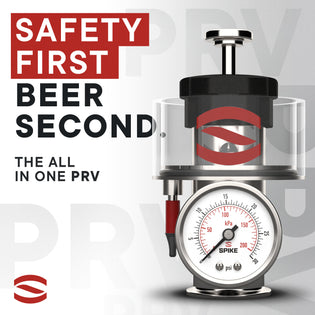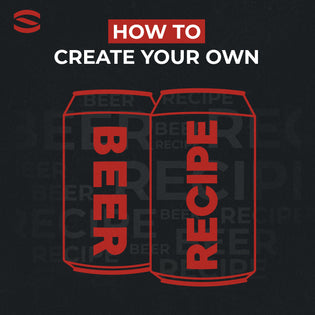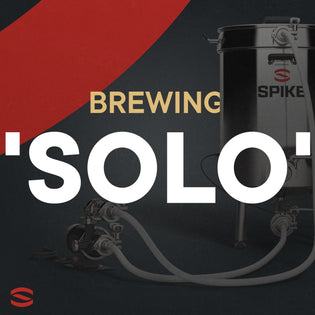1 min
When it comes to scaling a beer recipe, Adam Ross has notable experience. With ten-plus years as a homebrewer, a certified Cicerone and now head brewer at newly-opened Twin Span Brewing in Bettendorf, Iowa, he’s taken his fair share of great recipes and made them work at any volume.
Below, Adam shares his recommendations for scaling a recipe up or down, regardless of your intended batch size.
Key 1 – Let software like BeerSmithTM do the heavy calculations for you. BeerSmith’s “scale recipe” feature (tutorial here) lets you take your favorite recipe and transform it quickly and accurately. To make sure you get your desired results, understand both your current system and scaled systems’ brewhouse efficiency.
Key 2 – If you are really scaling up, be mindful of both your open- and full-bag grain inventory. With malts, Adam likes to round recipes to the nearest bag size to minimize the number of partial bags lying around. If you suspect a small batch will need to be scaled up at some point, it helps to design the big recipe first with grains in bag-size increments, and then scale down to your smaller batch.
Key 3 – Process changes need to be considered in scaling, too. If your small batch is batch sparged on a direct flame and your big batches are fly sparged on steam heat, you won’t get the exact same beer without modifying one of the recipes.
Key 4 – Hops extract differently at various scales. For example, you may get more IBU extraction as your batch sizes increase. Adam recommends rounding down on the hop additions when you scale up until you can find how your system changes hop utilizations.
Key 5 – Scaling isn’t perfect. It’s important to remember that there’s both an art and a science to effective scaling. Take notes, test, and make changes for the next batch to really dial in your efforts.
Ryan Oxton is the Market Development Manager at Spike. When he’s not guiding aspiring homebrewers with their first systems or working with breweries as they upgrade their operations, he enjoys spending time with family and losing the occasional golf ball or two. Email: ryan@spikebrewing.com
Special thanks to Adam Ross from Twin Span Brewing for sharing his tips. If you ever find yourself in the Quad Cities area, make sure you stop by and sample a cold one.





